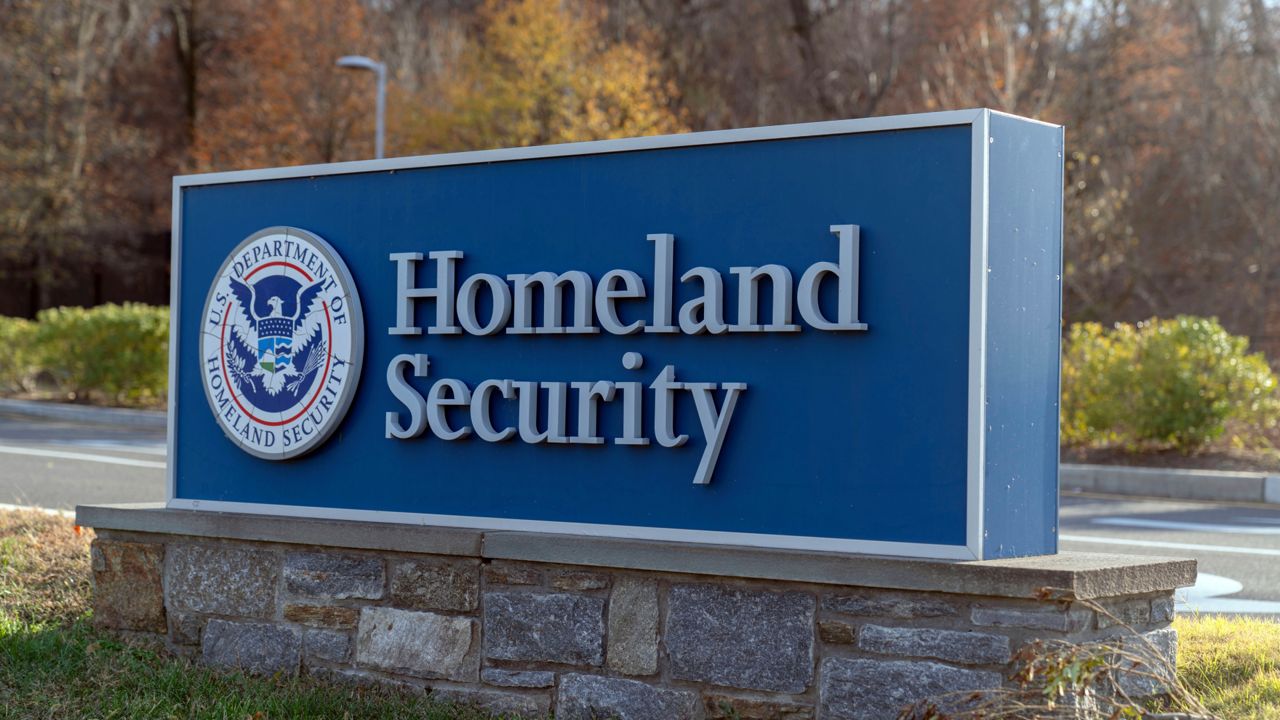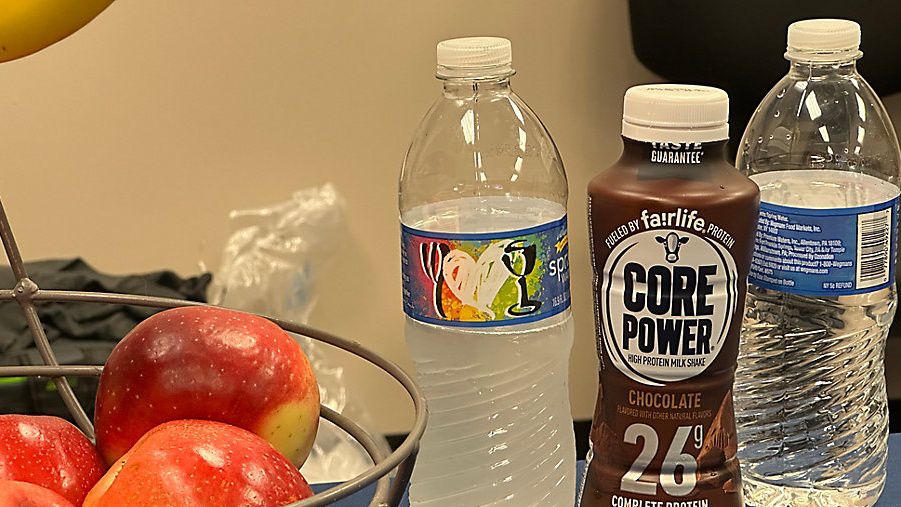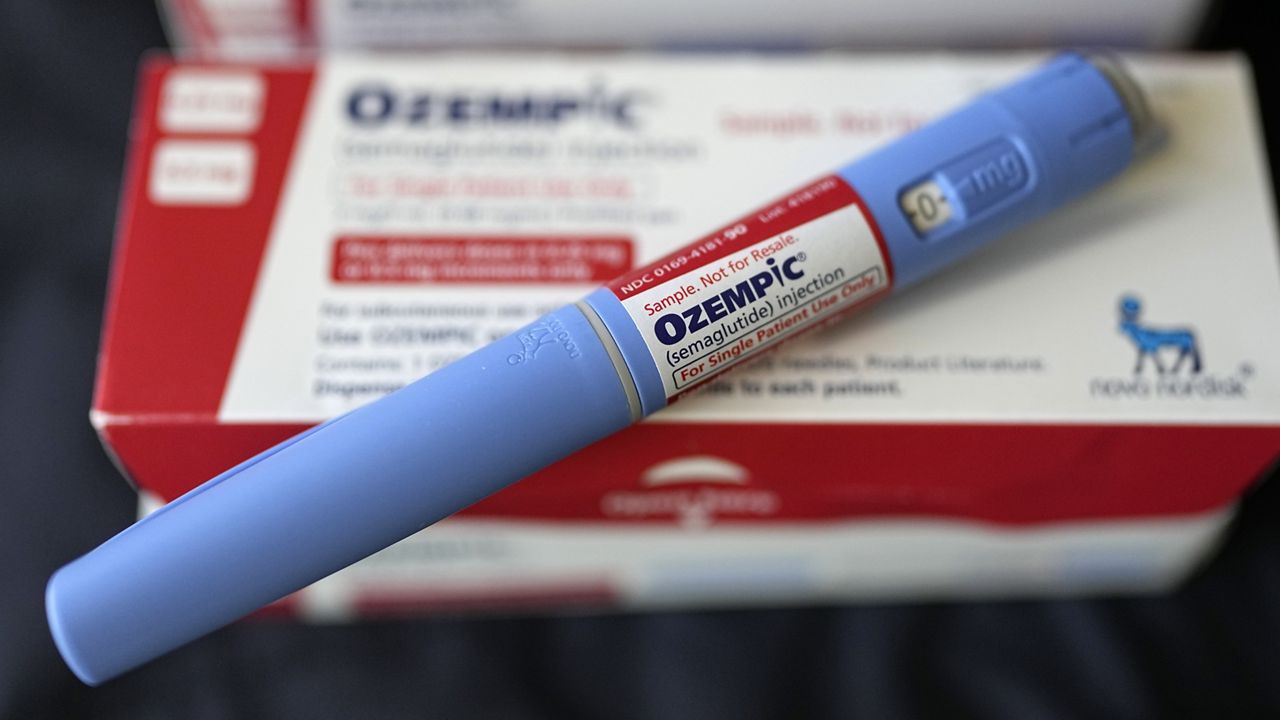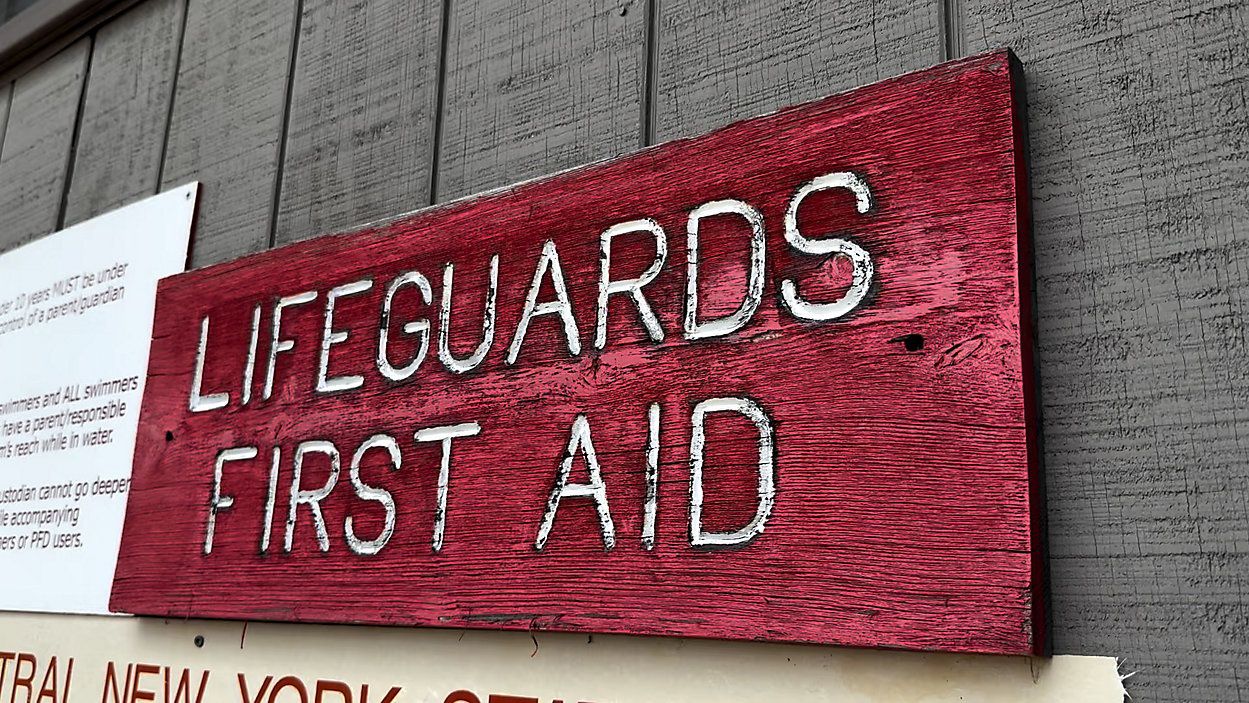Sixty-eight percent, or two out of three, New Yorkers have been personally impacted by opioid abuse, according to an article from Siena College Research Institute, which means they either know someone who has struggled with opioid addiction or have lost someone to an opioid overdose.
"So this book is 'The Four Seasons of Recovery: For Parents of Alcoholics and Addicts,' and it's written by Michael Speakman, the counselor who developed the PAL Program," said Michelle Holliday, the program's facilitator.
Michelle Holliday is the assistant director for the Good News Foundation, a spiritual-based organization that provides spiritual and relationship programs, including the nationwide PAL Program, Parents of Addicted Loved Ones.
"It's a support group for any adult who has a loved one who is also an adult struggling with substance use disorder," Holliday said.
Holliday, a facilitator for the past seven years, says having loved ones face addiction has enhanced her experience.
"Maybe I could help other people, and actually, in helping other people, I've learned so much. It's helped me more than I could have ever imagined. I'm in such a better place than I was even seven years ago when we started PAL," Holliday said.
The program also educates families on substance abuse.
"A lot of people are using pills or even powders that are so strong, they can swallow them very discretely, they can sniff a powder," said Dr. Arthur Robin Williams, an associate professor of clinical psychiatry at Columbia University and chief medical officer for Ophelia, an online opioid addiction treatment program.
He says it's always important for the loved one to feel supported and loved.
"The most evidence-based intervention for a family member to help someone is to help them connect to a licensed professional," Williams said.
Williams says trust is a huge factor when repairing a relationship with a loved one.
"To really have this radical honesty where there's no skirting or hiding around anything no matter how small. Because overtime, that's part of what has built up to conceal this really devastating addiction," Williams said.
The PAL program has skills for families to use in order to help strengthen that relationship.
“They feel valued and at some point they would be able to manage their disease,” Holliday said.
If you have a loved one struggling with substance abuse and need support, visit palgroup.org to find a support group near you.
EDITOR'S NOTE: This story has been corrected to reflect Dr. Williams' proper title.









